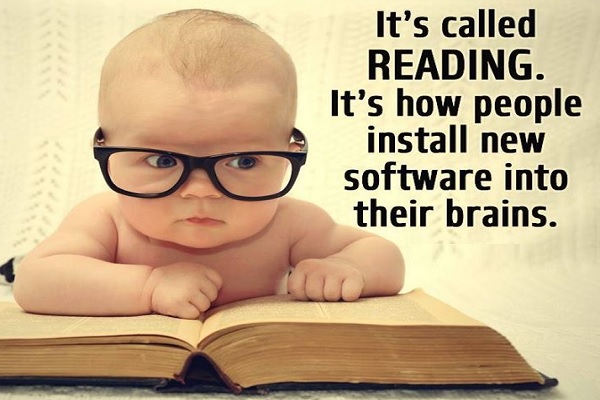
The vocabulary in which i love
if the language I speak could dissect
itself into fragments that could splatter
across the street and write you a poem,
A would say that the ability to love is
drawn from the countless scars of
yesterday’s heartbreak.
B would walk in to the room and become
the white lily that you placed on
my table because you
thought flowers ignite hope.
C would call you the light of my life.
D would dance at the sight of your
eyes, brown, in the face of the sunlight.
E would whisper everything that i am
too afraid to say.
F would forget to breathe at the
unintentional brush of the back of my
hand against yours.
G would gladly correct me when i say
it was nothing but an accident when
your skin touched mine.
H would ask me to hold your hand,
intentionally this time.
I would still be unable to utter a single
word in your presence.
J would play ‘Just kiss her by Concorde’
when you and I sit tipsy in a room.
K would kill its darlings and find
better ways to write a love poem.
L wouldn’t think twice before falling in
love with you all over again.
M would tell you that there is no love
in maybe.
N would call your name a thousand
times like a prayer.
Oh, this poem is getting out of my
hands.
P would say “its’s a love story…”
please say yes?
Q wouldn’t question the signs of the
Universe.
R would rivet in the gentleness of
admiration.
Shame on me for not being able to
Tell you that this poem is for you
instead,
V would rather stand in the corner
Without making a single sound and
Xpect you to understand
Why
the alphabets end at Z but
my love does not.
Mr. Manish S
Lecturer, Dept. of Psychology
